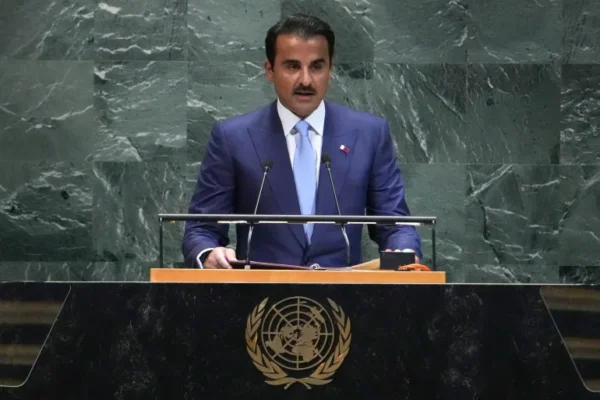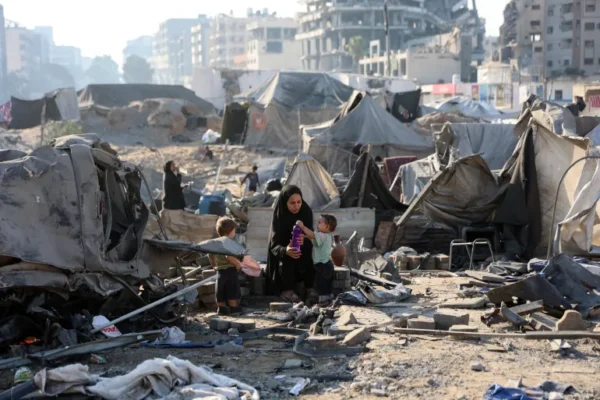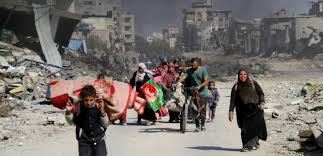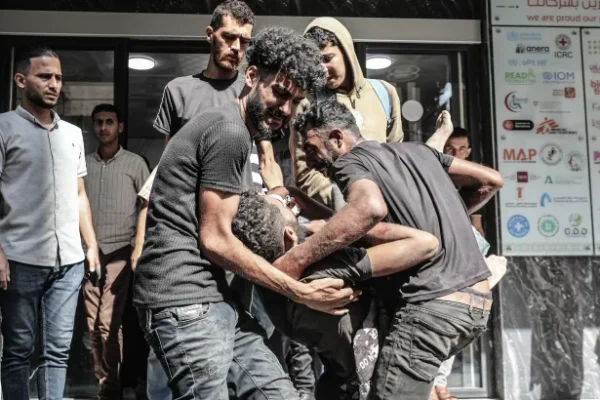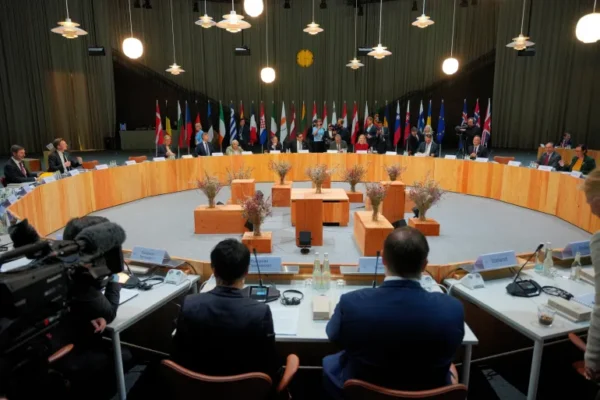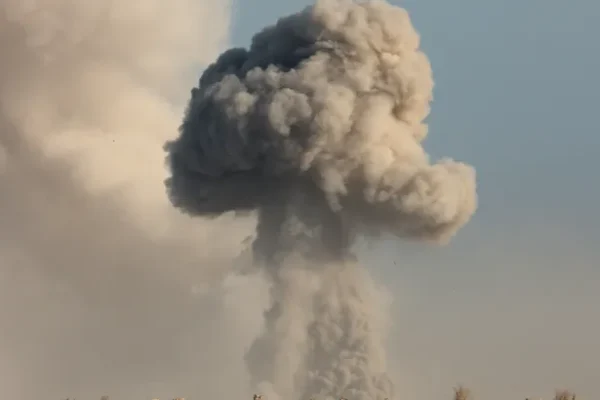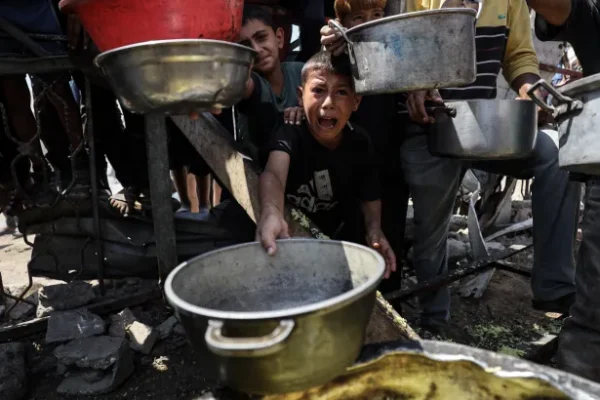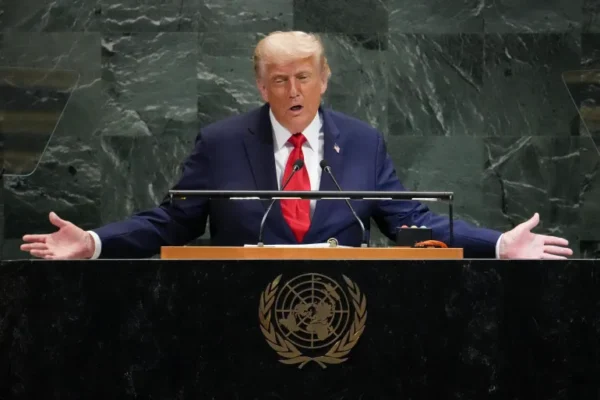
Trump Urges Immediate End to Gaza War Rejects Palestinian Statehood Recognition
U.S. President Donald Trump has called for an immediate end to the war in Gaza during a speech at the United Nations General Assembly, while dismissing the recognition of a Palestinian state by several Western nations as a “reward” for Hamas. “We have to stop the war in Gaza immediately,” Trump told world leaders on Tuesday. “We have to negotiate peace. We have to get the hostages back. We want all 20 back.” Trump referred to the 20 captives still believed to be alive among the 48 held by Hamas and said those in support of peace should be united in demanding their release. However, he sharply criticized recent efforts by countries to unilaterally recognize Palestinian statehood, claiming such moves would embolden Hamas. “As if to encourage continued conflict, some in this body are seeking to unilaterally recognise the Palestinian state. The rewards would be too great for Hamas terrorists, for their atrocities,” he said. The remarks stand in contrast to comments made earlier this week by UN Secretary-General António Guterres, who stated that Palestinian statehood is “a right, not a reward.” Trump placed responsibility for the failure of ceasefire negotiations squarely on Hamas, stating that the group has “repeatedly rejected reasonable offers to make peace.” He offered minimal criticism of Israeli actions, despite mounting international outrage over Israel’s ongoing military campaign in Gaza, which began in October 2023. Human rights organizations and UN investigators have raised alarms over civilian casualties and humanitarian conditions in the besieged enclave. Trump’s remarks follow reports of an Israeli ground assault on Gaza City this month, displacing thousands and resulting in hundreds of Palestinian deaths. Israel has also been accused of deliberately stalling ceasefire negotiations. In a statement Tuesday, Hamas denied being an obstacle to peace: “We have never been an obstacle to reaching an agreement. The U.S. administration, the mediators, and the world know that [Israeli Prime Minister Benjamin] Netanyahu is the sole obstructionist in all attempts to reach an agreement.” Hamas reiterated its readiness for a truce that includes the release of captives, an exchange of prisoners, and the withdrawal of Israeli forces from Gaza — conditions Netanyahu has refused to accept. More than 65,000 Palestinians have reportedly been killed since the conflict escalated in 2023, according to local health authorities. International condemnation has grown over the U.S.’s continued military support for Israel during the war. Trump also used his UN address to issue strong warnings toward Iran, calling it the “world’s number one sponsor of terror” and vowing that Tehran would never obtain nuclear weapons. “Three months ago in Operation Midnight Hammer, seven American B-2 bombers dropped 30,000-pound bombs on Iran’s key nuclear facilities, totally obliterating everything,” he said. While Trump claimed the operation “demolished” Iran’s nuclear enrichment capacity, U.S. defense officials have said the strikes only delayed Iran’s program by several months. Trump’s address included repeated references to his past foreign policy record, claiming he ended “seven different wars” and suggesting he deserved the Nobel Peace Prize for his efforts — though he added he “didn’t care about awards.” He also took aim at the United Nations, accusing it of failing its core mission and enabling illegal immigration: “I had to end wars instead of the United Nations,” he said.“The UN is funding an assault on Western countries and their borders,” he added, alleging the organization is helping undocumented migrants enter the U.S. with food, shelter, and debit cards. Migration and climate change were recurring targets in the speech. Trump described immigration as an “invasion” and called climate policy “the greatest con job,” claiming renewable energy is “destroying” the West. “Some countries are going to hell over their border policies,” he said in closing remarks. Trump also addressed the ongoing war in Ukraine, arguing the conflict would have been avoided under his leadership. “Everyone thought Russia would win in three days, but it didn’t,” he said, describing his relationship with President Vladimir Putin as “a good one,” while admitting the invasion was “not making Russia look good.” He criticized European countries for continuing to buy Russian oil and gas despite sanctions and called on EU nations to impose tariffs on Moscow. Trump also blamed China and India for “funding” Russia’s war effort. Following his General Assembly address, Trump was scheduled to meet with UN Secretary-General Guterres and leaders from Ukraine, the European Union, Argentina, and a coalition of Middle Eastern and Asian nations. A reception with over 100 world leaders is expected before his return to Washington, D.C.


